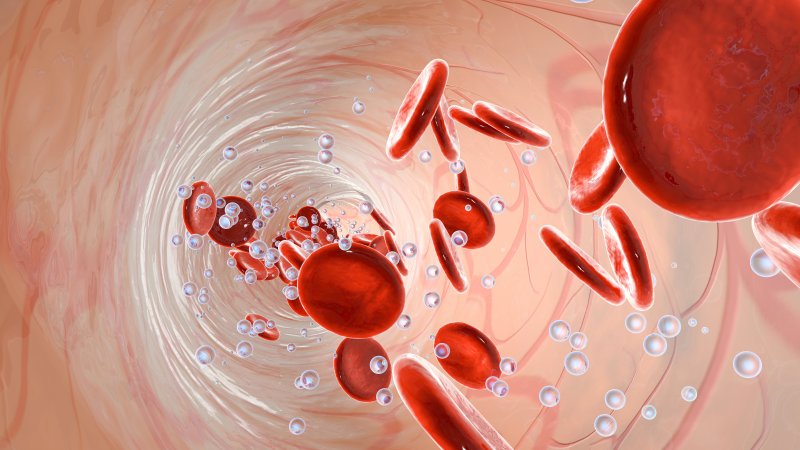How Sleep Apnea Negatively Affects Blood Oxygen Levels
September 17, 2020
Oxygen is one of the most important elements for human existence. It provides energy for our bodies, helps to replace old cells, supports immune function, and so much more. Many people do not often think about how much oxygen their body needs because they get enough of it through everyday breathing. However, some medical conditions — including sleep apnea in Vero Beach — can have a severe negative impact on oxygen levels in the body. Let’s talk about how this occurs, why it is so dangerous, and what you can do to protect your health.
Sleep Apnea and Blood Oxygen Levels
Obstructive sleep apnea (OSA) is a condition wherein an individual periodically stops breathing while they are asleep. It occurs when tissues in the throat block the free flow of air. These episodes of not breathing, called apneas, may occur dozens or even hundreds of times each night.
Understandably, apneas can lead to oxygen desaturation — a significant decrease in blood oxygen levels. For reference, a normal, healthy person should have a blood oxygen level of 95 – 100%. OSA may cause a decrease of 3 – 4%. However, in severe cases, an individual’s blood oxygen level could fall much lower than that, leading to a condition known as hypoxemia. Hypoxemia can cause headaches, high blood pressure, dizziness, confusion, shortness of breath, and other symptoms.
Protecting Your Health
If you frequently wake up with a headache, or you sometimes wake up gasping for air, it is very possible that you have OSA. Another significant indicator is loud snoring. If you are experiencing such symptoms, you might find it helpful to measure your blood oxygen levels. You can purchase a pulse oximeter for a fairly low price. Many fitness watches also come equipped with the ability to measure blood oxygen levels. However, you should keep in mind that such devices may not always be accurate. They are only for general reference.
If you suspect that OSA is affecting your oxygen levels, your best course of action is to consult with a doctor who specializes in sleep disorders. They may arrange for you to undergo a sleep test, wherein your oxygen levels and other vital statistics will be monitored for a night. If you are diagnosed with sleep apnea, you can then begin treatment. A custom oral appliance, which slightly repositions the jaw to facilitate easier nighttime breathing, is a popular and effective way to combat OSA.
Is OSA robbing your body of the oxygen it needs? Seeking diagnosis and treatment as soon as possible could be a vital step toward protecting your overall health!
About the Author
Dr. Kenneth Mogell is a dentist in the Vero Beach area who focuses his practice on providing oral appliance therapy for sleep apnea sufferers. He is a Diplomate of the American Board of Dental Sleep Medicine and has earned a reputation for being a true expert in his field. If you would like to discover how he may be able to help your body get the oxygen it needs, contact us at 772-882-6800.
